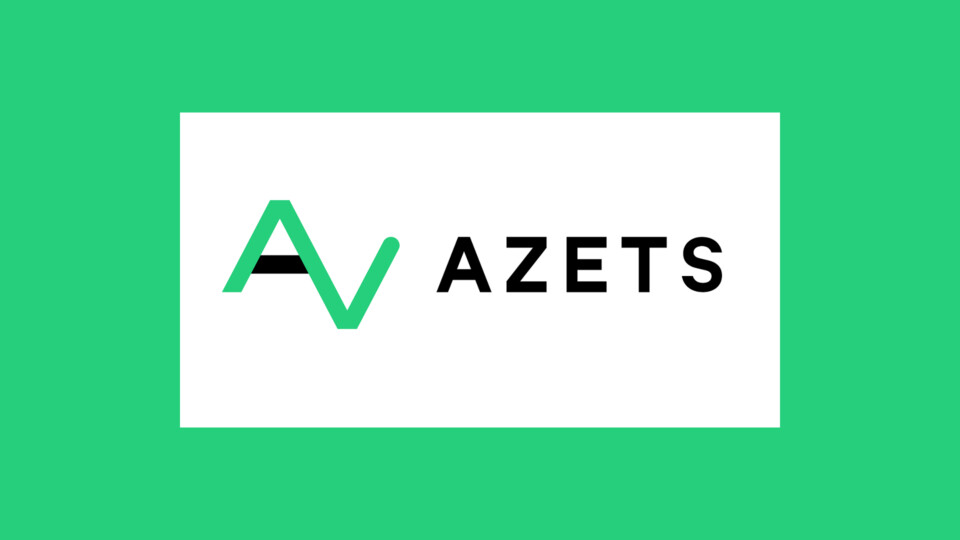Bosses urged not to end up with a tax hangover after staff Christmas parties
Expert warns that exceeding the £150 tax exempt limit could have costly ramifications
Yorkshire businesses planning to treat their staff to a festive party this Christmas are being warned not to end up with a tax hangover.
Tax specialist Richard Whitelock, Employment Tax Advisory Partner at UK top 10 accountancy and advisor firm Azets, says it is easy to fall foul of tax legislation regarding exemptions.
And if a slip-up over expenditure means staff end up paying a share of the costs to the tax authorities as a ‘benefit in kind’ (BIK) then bosses will really get a reputation of being Scrooge-like.
HM Revenue and Customs (HMRC) says that to be exempt from tax and National Insurance (NI), parties or similar social functions – including online or virtual parties – must be open to all employees, be annual in nature (such as a Christmas party or summer barbecue) and cost £150 or less per person.

Richard said: “It has been a tough year in many respects so it is only natural that those businesses who can afford it will want to reward hard-working staff with an all-expenses-paid, morale-boosting celebration at Christmas.
“However, while there is usually no need to inform the tax authorities of such events, business leaders and directors need to tread carefully to avoid overspending and having to report the tax implications to HMRC.
“Also, the £150 limit hasn’t been changed since 2003 and, according to the Bank of England, would be worth £266.57 today* so HMRC are certainly overdue updating this to show a little more festive spirit.”
Richard confirms to work out the total cost of such events, businesses need to include not only the cost of the function itself, but any associated costs such as travel, taxis, or hotel accommodation. All costs must be inclusive of VAT, and £150 is a cost per head – so you divide by the total number of attendees (not necessarily the number of employees).
He added it should be noted that the £150 was an exemption and not an allowance and that the whole cost would be subject to tax and NI if the figure was exceeded, even by just £1.
He also comments that the £150 limit can enable more than one annual event to be exempt if the combined cost of them remains below that threshold. If the combined cost of two annual events exceeded it, you would typically apply the exemption to the more costly of the two, and the other be a taxable benefit.
Richard advised businesses to take specialist tax advice if they felt the threshold was in danger of being exceeded.
He said: “There are two courses of action. You could report the cost of the party to HMRC as a staff benefit in kind so your staff pay tax on their share of the cost, but that’s not a particularly good look for a caring employer and not the preferred option.
“Instead, if you really can’t avoid going over the limit, you would apply for a PAYE Settlement Agreement (called a PSA) which allows employers to make one annual payment to cover all the tax and NI due on any benefits that minor, irregular or impracticable to apportion between employees. A PSA is typically the best option to settle the tax and NI on behalf of your staff for taxable staff events and other things such as gifts, rewards and incentives.”
He pointed out that employers could also take advantage of HMRC ‘trivial benefits’ exemption for which no reporting was required and tax or NI payable if conditions were met, to enable businesses to make seasonal gifts to their staff.
The criteria is that it any gift costs no more than £50, it isn’t cash or a cash voucher, it isn’t a reward for work or performance and it isn’t in their terms of a contract.
Azets has three offices in Yorkshire, in Leeds, Bradford and York, where it employs 335 people.

